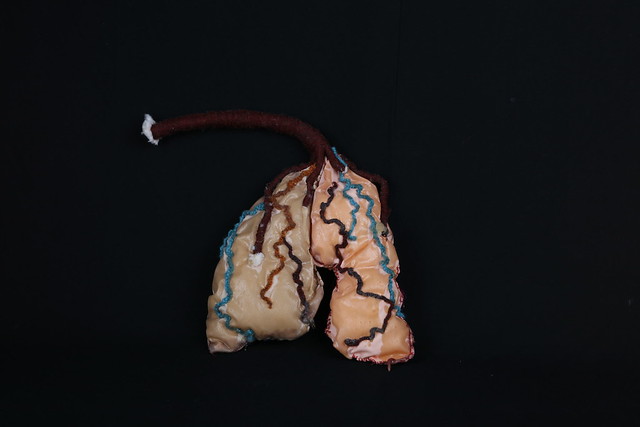
stridor · /ˈstrʌɪdər/ · /striy-dər/. noun. A harsh, grating sound. A whistling sound or vibrating when breathing. From Latin strīdēre (to creak).
[Read more…]
stridor · /ˈstrʌɪdər/ · /striy-dər/. noun. A harsh, grating sound. A whistling sound or vibrating when breathing. From Latin strīdēre (to creak).
[Read more…]
satrap · /ˈsatrap/ · /SA-trap/. noun. A ruler, particularly one who rules tyrannically or in ostentatious splendor. From Old Persian kšatra-pāvan (protector of the country), from kšatra (realm, country) + pāvā (protector). Ultimately from PIE root pa- (to feed; to guard, protect). See also: satrapal, satrapic.
[Read more…]
/SIGH-rən/ /ˈsaɪərən/ noun. A seductive sea nymph; a woman of dangerous allure; a device for emitting a wailing signal or warning.

solecism /SOL-i-siz-əm/ /ˈsɒlɪsɪz(ə)m/. noun. A grammatical mistake or a non-standard usage. More generally: a mistake, a blunder, a breach of etiquette, a lapse in manners, an impropriety. See also: faux pas, gaffe, blunder. From Greek soloikos (speaking incorrectly or awkward/rude in manner). Perhaps originally meaning to speak like the people of Soloi, a Greek colony whose inhabitants spoke a corrupted form of Greek.
[Read more…]
Saturnalia /sat-ər-NAIL-yə/. noun. The festival of Saturn, the ancient Greek god of agriculture. First celebrated in 497 BC. As part of Saturnalia, slaves were treated to a banquet and allowed to make fun of their masters, the toga was replaced by colorful clothes, and slave and masters alike donned conical felt hats. A time of peace, Saturnalia was also marked by temporary cessation of military activities and closing of the courts. Many customs of Saturnalia influence modern-day Christmas and New Year’s activities including the exchange of gifts, decorating with holly branches, and displaying evergreen wreathes. The customary greeting during Saturnalia is “io, Saturnalia!” where “io” is pronounced like “yo.” Try it!
squamous /SKWAY-məs/ & squamulose /SKWAY-myə-ləs/. adjective. Covered with scales; scaly. Composed of scales or a resemblance of scales. In anatomy, the thin scaly part of the temporal bone. In medicine, a suture with thin overlapping parts resembling scales. From Latin squama (scale); possibly related to squalus (filthy, foul), from which squalid and squalor are derived.
spoliate. verb. To plunder, rob or deprive. Legally, altering a document and making it invalid. In wartime, the authorized seizure of neutral vessels. A less common form of despoil. From Latin spolium (spoil).
[Read more…]